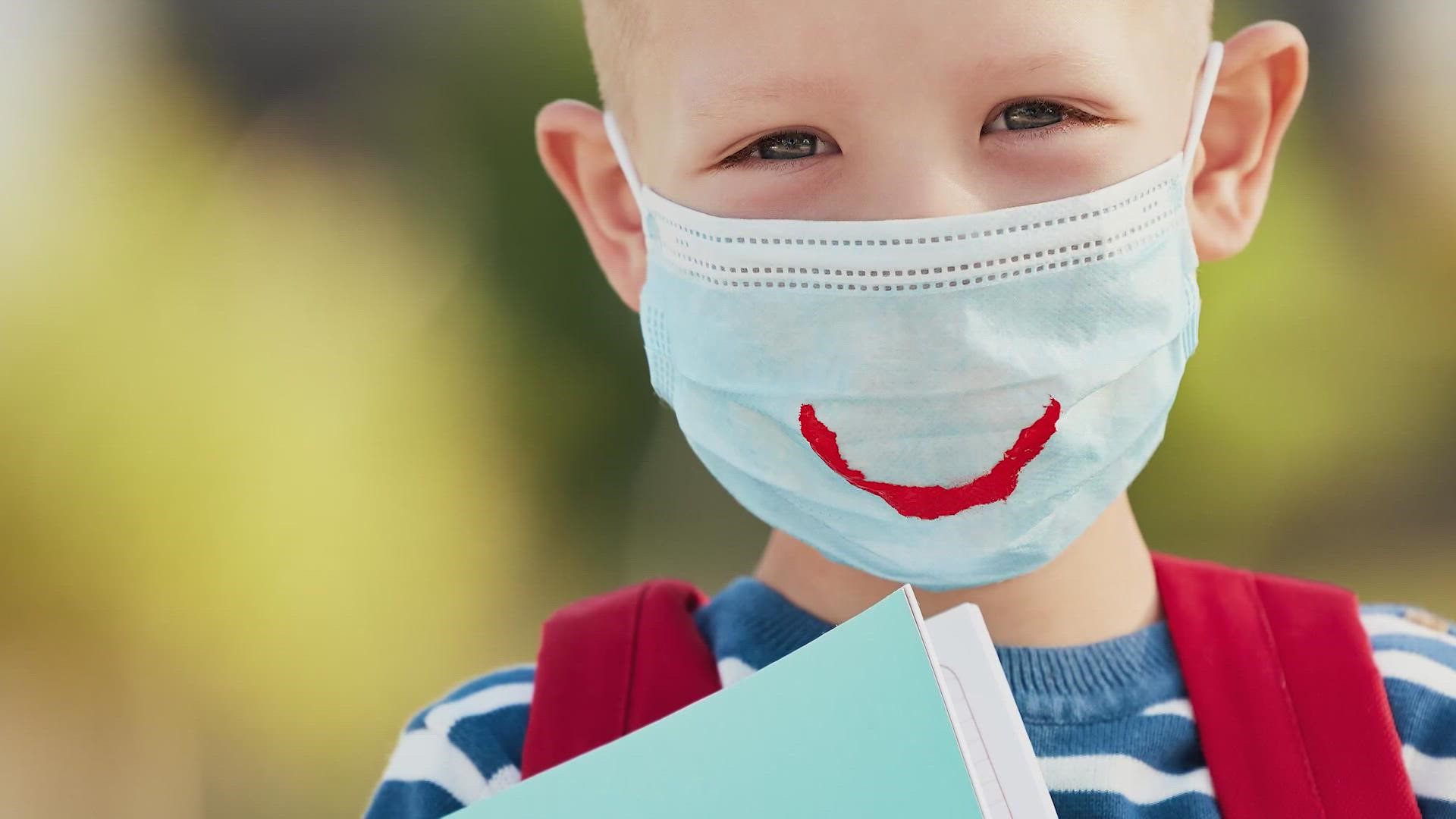HOUSTON — Amid the COVID-19 delta surge, there are both packed hospitals and packed football stadiums.
“The south is on fire,” infectious disease expert Dr. Peter Hotez said. “So, it troubles me that we somehow have decided this is over."
This past week, the Centers for Disease Control and Prevention reported more than 153,000 daily COVID-19 cases in the United States. According to the Texas Medical Center, 5,698 people tested positive for COVID-19 in Greater Houston on Sunday, up from 4,322 the previous week.
RELATED: Texas Children's Hospital: 300+ kids have tested positive for COVID-19 in the last 24 hours
Health officials said the main reasons for the surge are that the delta variant is more infectious and school started. They say people are also not complying with CDC guidelines.
Can we expect to see a surge following Labor Day weekend?
Dr. Catherine Troisi, an infectious disease epidemiologist at UTHealth School of Public Health, said that although history shows that surges can follow holidays, one good thing about Labor Day is that it’s often celebrated outside.
“So, that would mitigate any possibility of transmission. Not that it still can’t occur, but it certainly cuts down the probability,” Troisi said.
The end of summer also means the beginning of college football. Viral images online show packed stadiums across the county where many attendees were maskless.
When asked if Troisi thinks that’s safe behavior, she said that depends on the person.
“If you are not vaccinated; absolutely not. You should not be going. If you are vaccinated, fully vaccinated, you have to decide for yourself what risk you are willing to take,” she said.
ALSO READ: Why people are still advised to avoid football games even when the stadium doesn't have a roof
A person should consider whether they have a pre-existing condition or live with someone who does. They should also consider if they live with an unvaccinated person, like a child.
The CDC recommends everyone who is eligible to get vaccinated. It also recommends that all people wear masks in schools, when in a crowded indoor setting and when social distancing isn’t possible.
“We’ve decided the pandemic is over,” Troisi said. “We are simply going to live with a certain number of cases, hospitalizations and deaths in order that we don’t have to put any constraints on our daily lives. So, there certainly are costs.”

